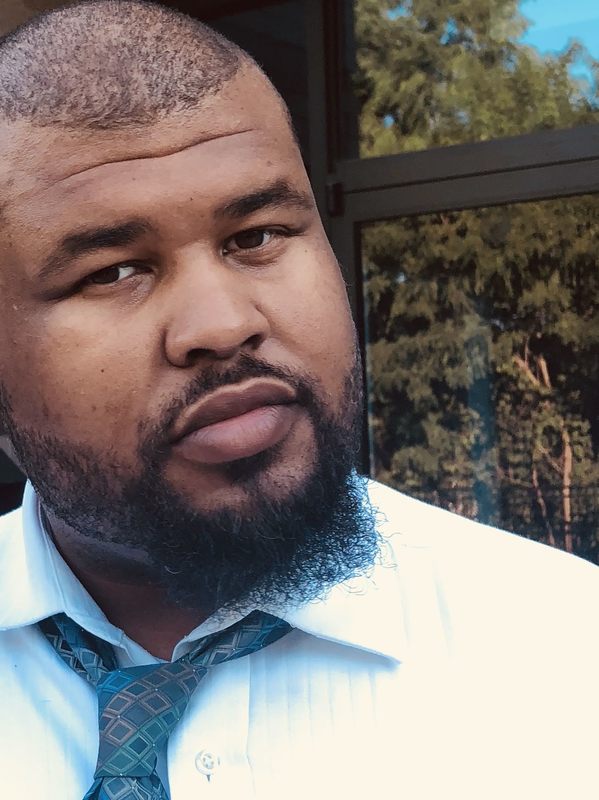|
Words and images are powerful triggers. As news stations report disasters around the world 24 hours a day and constantly warn people about the potential of calamity, we’re likely to be reminded of the grief and fear we felt when we witnessed natural and man-made disasters as often as they pull the trigger.
Take “Terrorist Attack” for an example, which was dubbed as the label for the tragedy that occurred on 9/11. Think about the feelings you experience when you hear the phrase, "Terrorist Attack". How has this phrase impacted your life? Notice how the messages about terrorism around the world are delivered frantically. The words and images we hold on to after any traumatic event can trigger symptoms of PTSD. Pay attention to the words and images you and others use that can influence the way you think or feel. It is possible to be in a safe space and not realize it because of negative self-talk or messages you receive from external forces. Practicing positive self-talk and being aware of trigger words is just a couple of ways to reduce stress. There are other techniques that can help you recover from the negative effects of traumatic events. Working with a therapist who will teach you coping strategies and assist you with understanding the initial event that caused the anxiety that is still negatively affecting you is the best way to treat PTSD and can ensure that you do not succumb to harmful habits that can disrupt your life. IPCH has a unique way of assisting our clients with recovering from PTSD and develops individual treatment plans that are tailored to each client. Book your appointment today and let’s begin your journey to greatness.
1 Comment
|
By Kublai K. DuhartIPCH Vantage Point provides an optimistic view on life and promotes great health and well-being for every day living. ConnectArchives
May 2021
Categories |
Illuminated Paradigm Counseling & Healing, LLC does not complete or provide FMLA paperwork. IPCH recommends that you receive all necessary documentation, forms, and paperwork from your primary care physician and or your medication monitoring provider. IPCH will assist clients by providing letters of support informing necessary parties that an active client is currently receiving mental health services.
HoursMon - Fri | 8:30 a.m. - 6:30 p.m.
Location: Teletherapy 10989 Red Run Blvd, Suite 202, Owings Mills, MD 21117 |
Telephone(443) 738-4724
|



 RSS Feed
RSS Feed